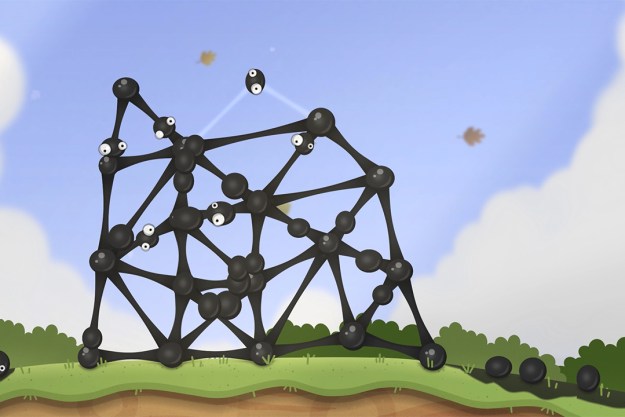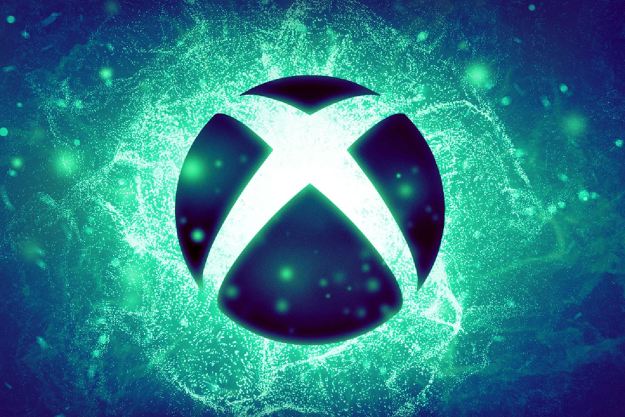
A new gaming startup named Zeebo has has big plans for its eponymous gaming console…and it’s not to take on the Wii, Xbox 360, or PlayStation 3 head on. Instead, Zeebo is aiming its inexpensive console at emerging markets like Brazil, India, China, and Eastern Europe, betting that people in those countries want to blow things up, race cars, hack up zombies, and save the world from alien menaces just as much as gaming-saturated markets like the U.S., Japan, and Western Europe. And Zeebo’s console integrates phone technology from Qualcomm to download games and content over-the-air: no discs to buy, and users won’t even have to have a data service plan with local mobile operators.
Unveiled at the Game Developers’ Conference in San Francisco, the Zeebo is about the size of a Nintendo Wii, and features an 528 MHz ARM processor, 1 GB of Flash, 128 MB of DDR RAM, Pal/NTSC and VGA output, plus an external power brick. The Zeebo also packs quad-band GSM/GPRS/EDGE (850/900/1800/1900 MHz) and tri-band UMTS/HSDPA/HSUPA (850/1900/2100 MHz) connectivity. The idea is that in many emerging markets, cell phone coverage is actually better than landline service, and being able to download games and content via mobile data connections makes more sense than relying on consumers to have access to in-home broadband capabilities. In terms of computing power, the Zeebo doesn’t even match up to the PlayStation 2, but it also consumes far less power than contemporary game consoles. And while the Zeebo won’t be able to play ultra-modern high-definition titles, it’ll more than do the job for casual games and the sorts of titles that originally launched the video game industry.
Electronic Arts and Activision’s Blizzard have already agreed to develop titles for the Zeebo, which the company expects to launch in Brazil next month for $199 and in other markets later in 2009 for $179—eventually, Zeebo hopes to drop the price of the console under $150. Zeebo has not announced pricing for game titles, but surprisingly says it plans to be competitive with pirated games—which routinely sell for a tenth of the price of legitimate retail games—hoping that the ease of being able to buy games over-the-air from home will pull in consumers.
Editors' Recommendations
- After Amazon’s Fallout, these games deserve TV adaptations next
- Every rumored video game console: Nintendo Switch 2, PS5 Pro and more
- The next Battlefield game is in development with help from Dead Space studio
- Best Nintendo Switch deals: consoles, games, and accessories
- 3 realistic improvements we want to see with PS5 Pro games


